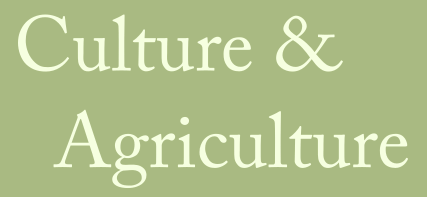SOIL SCIENCE FICTION
Our weekly gleanings present the latest happenings, research and writing along the tangled banks of culture and agriculture. This week: gamma gardens, food dystopia, and animal autonomy
At what point in the 20th-century did science fiction lose the capacity to imagine utopia? Why are we so sure that things will get worse? As David Graeber’s asks – where are the flying cars? Transmango published an article last week about the looming post-Brexit food dystopia in Britain, but the real dystopian stuff coming off the press is on another scale entirely. The categorization of Earth as a toxic planet. A UN Human Rights report on the sixth great extinction as a human rights issue.
Going full sci-fi, the consistently great design podcast 99% Invisible has a new episode out on post-WWII Gamma Gardens, where plants were grown around radioactive towers in an attempt to accelerate plant breeding. Today, developments in CRISPR-Cas9 are beginning to pick up, with patent battles and proposals to employ the technology to tinker with seasonality and even to induce the first new wave of plant domestication since the Neolithic Revolution.
Then there are the more immediate consequences of steps towards dystopia – closer to speculative fiction than sci-fi: fear in the Central Valley, a wall through Tohono O’odham land, dealing with the realities of planting zones moving northward. Margaret Atwood has written about the Ustopia, “a world I made up by combining utopia and dystopia – the imagined perfect society and its opposite – because, in my view, each contains a latent version of the other”.
What are the “little utopias” latent in these times?
The Burren from The Perennial Plate on Vimeo.
Other links of interest:
A team of French ethnographers challenge the characterization of pastoralism as ‘protective domination’, demonstrating that multiple North Asian relationships of husbandry actually encourage animal autonomy
Where is Sonny Perdue?
A plant theory of mind
Advocating towards student debt relief for young farmers
